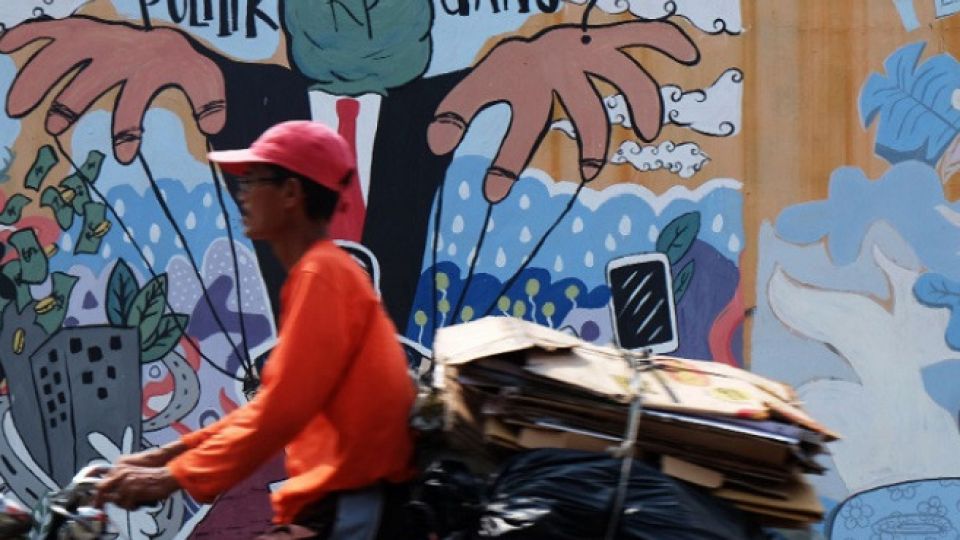May 21, 2024
JAKARTA – The upcoming November regional elections will see the lowest number of independent candidates in recent memory, a phenomenon that experts say demonstrates that public office remains largely out of reach for people without political party backing.
The Nov. 27 regional elections will be the first time Indonesians simultaneously elect their governors, mayors and regents across 37 of the country’s 38 provinces (with the special region of Yogyakarta excluded) and over 500 regencies and cities.
Unlike in presidential and legislative elections, independent candidates may register for the regional polls, and early signs had suggested that hundreds of people were eager to do so.
But data from the General Elections Commission (KPU) shows that most ultimately backed out of independent candidacies. Only 71 prospective candidate pairs out of the 240 pairs that had consulted with local KPU branches about running independently registered their candidacies before the May 12 deadline.
Former energy minister Sudirman Said, who campaigned on behalf of unsuccessful presidential candidate Anies Baswedan in the February general election, and John Muhammad, a former student activist in the 1998 transition to democracy, were among those who reportedly retracted their bids to run independently. Both Sudirman and John had been eyeing the office of Jakarta governor.
Of the 71 prospective candidate pairs who met the mid-May deadline for registration, 26 pairs reportedly failed to submit complete applications, leaving only 45 pairs accepted for consideration by the KPU.
The elections commission will review the remaining pairs’ applications and announce its candidacy decisions by Aug. 19 at the latest.
Even if all 45 pairs have their candidacies approved, the number would still be a significant drop from the two previous regional elections. Seventy independent candidate pairs ran in 2020 and 135 in 2015.
Tough requirements
Fadli Ramadhanil of watchdog the Association for Elections and Democracy (Perludem) said the prevailing 2016 Regional Elections Law had set the bar too high for independent candidacies.
The law requires would-be candidates to collect signatures from between 6.5 and 10 percent of voters in their province, city or regency, depending on the specific district, an increase from the 3 to 6.5 percent required in the previous, 2015 version of the law.
In Jakarta, for example, an independent candidate would need more than 600,000 signatures, or 7.5 percent of the total number of registered voters in the city.
At the time of its passage in mid-2016, the law was seen by political analysts as a veiled attempt to block then-incumbent Jakarta governor Basuki “Ahok” Tjahaja Purnama – a controversial but popular figure known for his blunt comments – from attempting to run for reelection as an independent candidate.
“The impact [of the law] can still be felt to this day. Independent candidates find it hard to garner signatures in such a short amount of time because it is expensive and requires a strong [political] network down to grassroots communities,” Fadli said on Thursday.
Even if these prospective candidates get the required amount of signatures, they may find their funds stretched thin when competing against seasoned politicians backed by major parties, he added.
Limiting choices
Political analyst Wasisto Raharjo Jati of the National Research and Innovation Agency (BRIN) said independent candidates, who are often local figures, had in past regional elections served as “an alternative choice” for voters.
He said their dwindling numbers could be a threat to Indonesia’s democracy.
“Amid the dominance of political parties, [independent candidates] present themselves as another option for voters to channel their political rights into,” Wasisto said.
“That’s good for democracy, where not everything always has to go through political parties,” he added.


